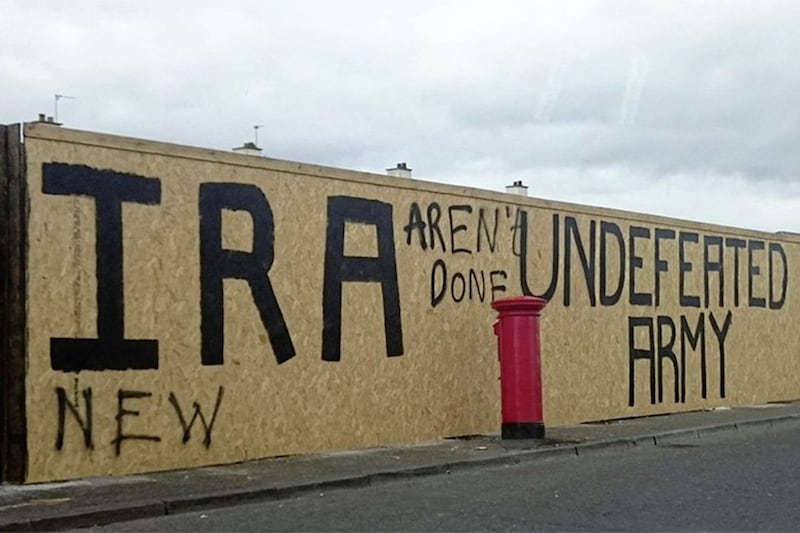Suggestions that the inquest of a man killed by the SAS almost 40 years ago is not ready to begin have been described as a “red herring” by the victims legal team.
Francis Bradley (20) was shot dead close to a weapons dump during an ambush near Toome in February 1986.
His name was later added to the IRA’s roll of honour.
An inquest, which opened in Derry last April, heard how Mr Bradley told of being threatened by police before he was killed.
An original inquest was held in 1987, however, in 2010 former Attorney General John Larkin ordered a new one, which has yet to be completed.
Like other inquests, Mr Bradley’s has been held up by disclosure delays ahead of a May 1 cut-off date for inquests under the contentious Legacy Act.
The new inquest resumed in Coleraine on Monday but was cut short after a lawyer for ‘former military witnesses’ said the process was not ready to restart.
Richard Horwell KC, who is instructed by English based legal firm, Devonshires, apologised for the late application, which was not served until Saturday.
During submissions to coroner Peter Irvine, the barrister referenced legal issues and raised questions about whether the inquest was ‘Article Two’ compliant.
Article Two of the European Convention on Human Rights protects the right to life and Article Two compliant inquests involve broader investigations of the circumstances of someone’s death.
A judicial review into whether Mr Bradley’s inquest is Article Two complaint will be heard later this month.
If a ruling in that case is delayed or passes to a higher court, the May 1 deadline for competition of the inquest could be missed.
During Monday’s hearing, Mr Horwell said: “Nothing we have said or submitted in writing is intended in any way to push this inquest beyond the first of May date, but, at the moment, in our submission, it is not ready.
“The Article Two point must be resolved before it can commence, either within this inquest or through an adjournment until the matter is decided by a higher court.”
The barrister added that unless someone has the answer to legal arguments raised “we cannot see how this inquest can commence”.
Barrister for the Bradley family, Karen Quinlivan KC, referenced the involvement of Devonshires at the inquests of IRA men William Fleming and Danny Doherty, who were shot dead by the British army in Derry in 1984, and the Springhill inquest into the killing of five Catholics by British soldiers in west Belfast in 1972.
Ms Quinlivan said that regardless of legal arguments around Article Two, both inquests, which are being heard before high court judges sitting as coroners, were proceeding, with Doherty and Flemming almost complete.
“So, the problems that my friend seem to suggest exist are respectfully problems that haven’t troubled them when they are in inquests before Mr Justice Huddleston or Mr Justice Scoffield,” she said.
Ms Quinlivan added that “my friend raises a complete red herring, respectfully, a red herring of course that wasn’t raised in the Doherty and Fleming inquest and a red herring that wasn’t raised by Devonshires at the Springhill inquest”.








